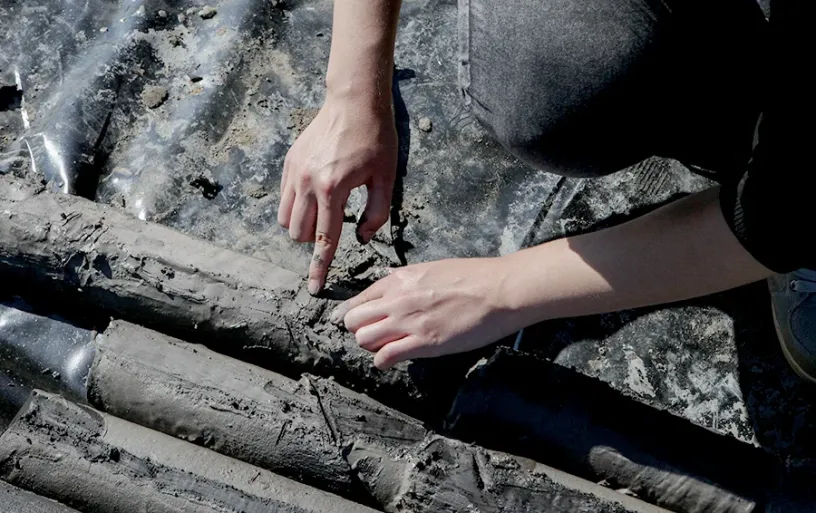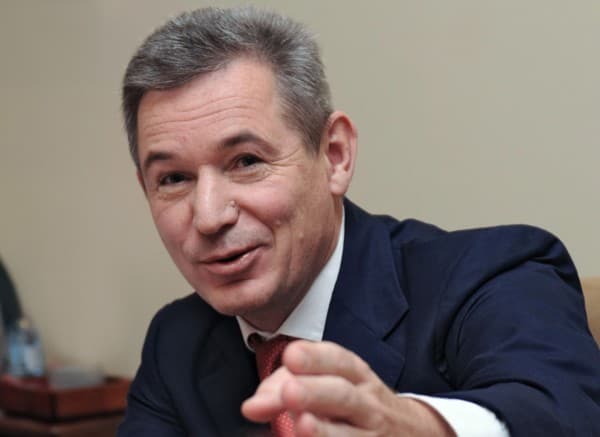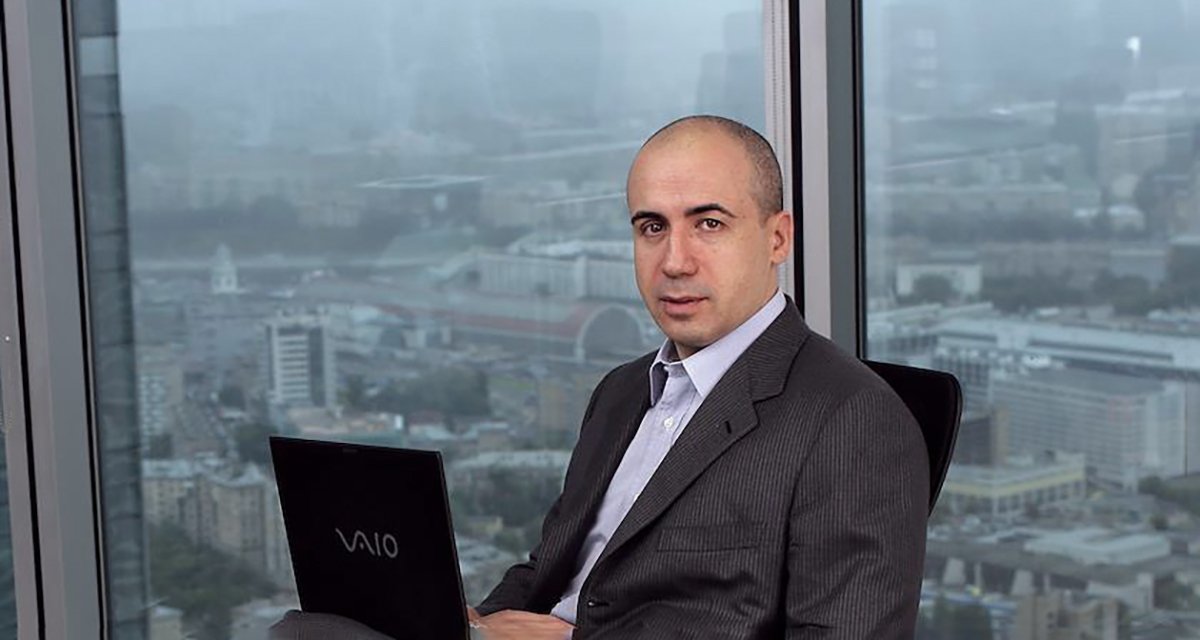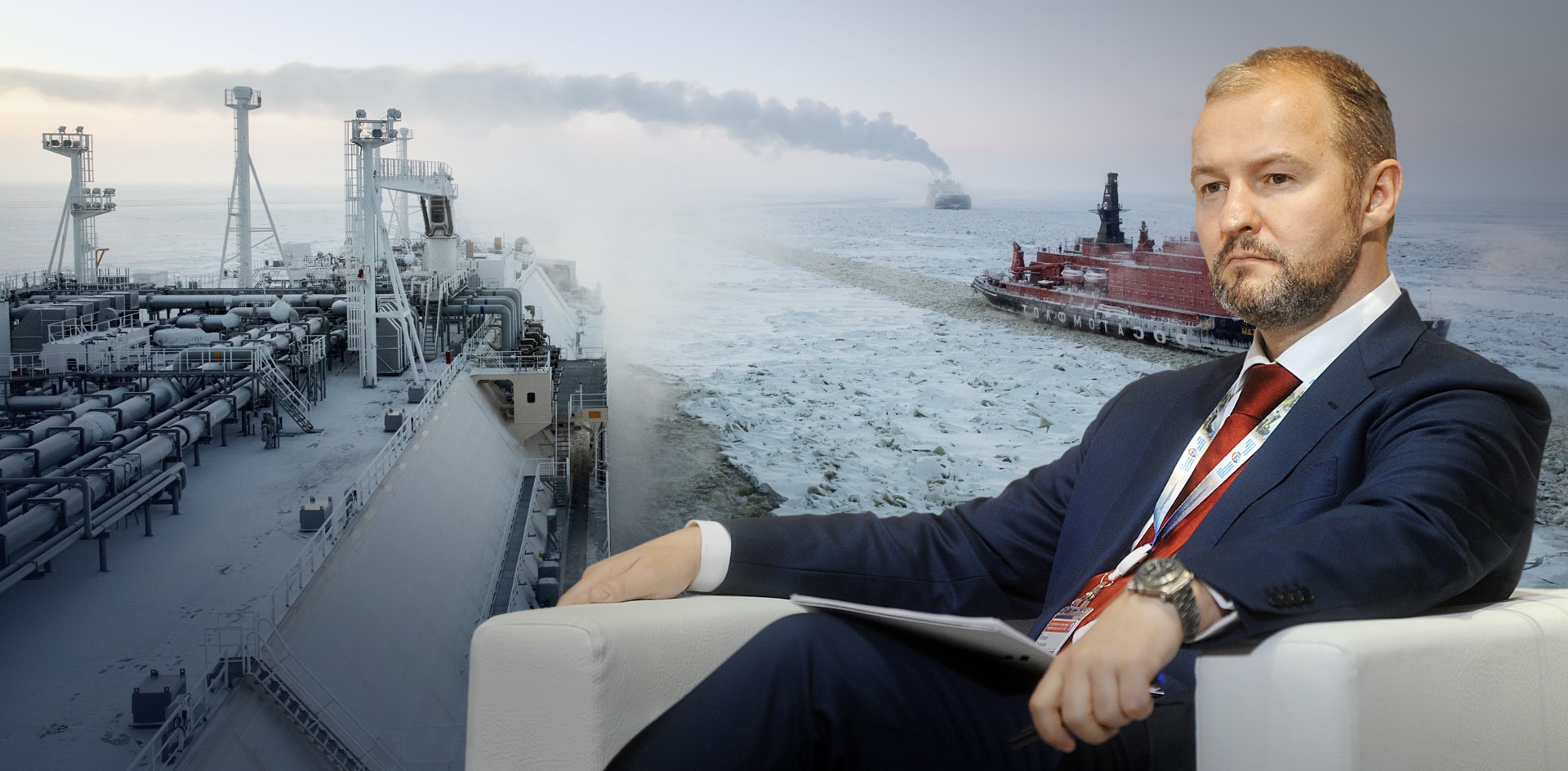The head of Russia’s richest family has been a frequent visitor to Belarus and the country’s president since 2000.
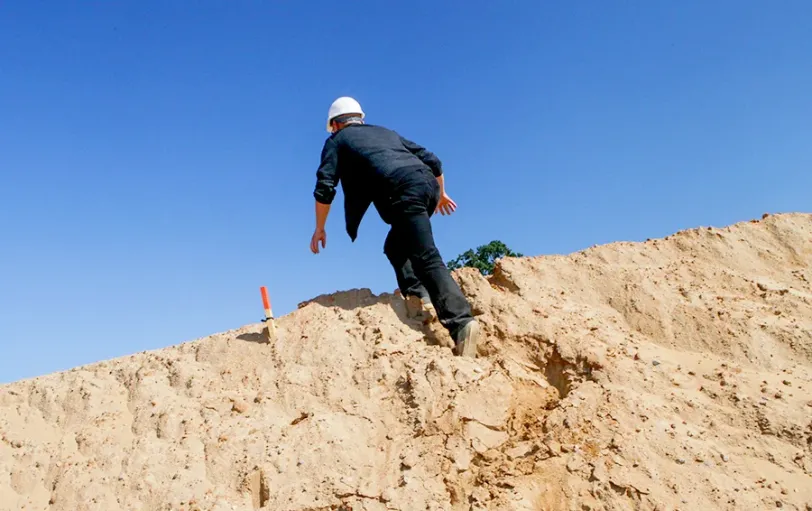
In mid-July 2017, not far from the town of Luban, 150 kilometers from Minsk, drilling began through a hole in a concrete slab, 86 wells 156 meters deep, arranged in a circle, where they will later pump “brine” of calcium chloride, which cools the ground to -35 degrees Celsius. After eight months, a permafrost will form, keeping groundwater inside this circle several tens of meters in diameter. By that time, German-built shaft-drilling machines will be on site and will begin drilling two shafts nearly 800 meters deep with 32-meter drills. “These machines have been used so far only in Canada at the BHP Billiton potassium deposit, says billionaire Mikhail Gutseriev (№20 in the Forbes list, fortune – $6,3 billion) in an interview with Forbes. – I was there, I went down to the very bottom, and as compared to the rock-blasting method, which is still used in Russia, it is the XXI century – three meters of tunneling a day instead of a day and a half.
The Slavkaliy Company owned by Gutseriev and registered in Belorussia is in charge of the project. The new mining and beneficiation plant Nezhinskoye will develop the eastern part of Starobinskiy potassium deposit with the explored reserves of 3 billion tons of ore, the future capacity of the enterprise – 2 million tons, the investments volume – $2 billion, these are the terms of the investment agreement between Gutseriev’s company and the Belorussian Government signed in 2011. Potassium is a key export commodity for Belorussia, as oil is for Russia. “Slavkaliy will become the second fertilizer producer in the country after Belaruskali.
The gigantic project would have hardly taken place without a lot of seemingly unrelated events thousands of kilometers away from little Lyuban: Mikhail Gutseriev’s hasty departure for London in 2007 (he was threatened with arrest in Russia), the Russian-Belarusian potash wars of 2013, and the imposition of anti-Russian sanctions. From 2009 to 2016, potash prices fell from $653 per ton to $261. Why would the head of Russia’s richest clan, which has major assets in the oil and financial industries, real estate and retail, enter the complex oligopolistic potash market?
Dear guest
In 2002 having quitted the position of general director of state-run company Slavneft Mikhail Gutseriev set up his own company Russneft. Three years later it became one of the ten biggest companies in the industry. In the summer of 2007 the businessman was accused of tax evasion and illegal business activity. Without waiting for his arrest Gutseriev hurriedly sold RussNeft to Oleg Deripaska for $3,5 billion and fled to London. “I left via Belarus, just got in my car at night, called for a plane to Minsk and flew away,” he says.
In spring 2010 the charges against Gutseriev were fully dismissed for lack of evidence, and earlier, in January, he bought out Russneft. But he was in no hurry to return to Russia. By that time he had already started talks in Belorussia to set up a potash company which later became Slavkaliy. “The residue remained and I had no desire to invest in Russia,” recalls Gutseriev. – I thought I would move to the place where I could get to the sky, to the truth, where there was more hope and where it was safer”. Why Belarus?
Alexander Avtushko-Sikorsky, analyst of the Belarusian Institute for Strategic Studies (BISS), says that major investment projects are regulated at the very top in Belarus, and presidential decrees are often specially written for them. Gutseriev, according to Avtushko-Sikorsky, has established himself as a trustworthy businessman. “Gutseriev has earned the good attitude of the Belarusian president by his reliability,” says Natalia Eismont, press secretary of Alexander Lukashenko, in her written replies to Forbes. – This is a person, whom the president of Belarus trusts implicitly. I will give just one example when Gutseriev was assigned to modernize the Mozyr oil refinery. The task was fulfilled, as well as everything that Mikhail Safarbekovich promised.
Gutseriev has been a frequent visitor of Belorussia and its president since 2000. At that time he was appointed president of Slavneft in which 74.95% of the capital belonged to Russia and 10.83% to Belarus. Belarusian companies produced oil in Russia and refined it at home – at the Mozyr refinery (42.5 percent owned by Slavneft).
“I started with building gas stations and oil depots in Belarus and upgrading the refinery,” recalls Gutseriev. – Investments into the country went up sharply which was the basis of my good relations with Alexander Grigorievich. Under Gutseriev over $100 mln was invested into modernization of Mozyr Refinery, the depth of oil processing grew from 66% to 82%.
In 2002, despite Lukashenko’s objections, Gutseriev was dismissed from Slavneft; one of the reasons for the Russian authorities’ displeasure was his public support of Lukashenko in the elections. To Gutseriev’s surprise, Lukashenko’s attitude toward him remained the same after his dismissal. “He never measures a man by his position,” says Gutseriev. – Even if you lost your position but behaved honestly and decently, nothing will change, you will be on good terms with him.”
Gutseriev reciprocated his kind attitude. Not without benefit to himself. In 2002 when Russia was short of oil export pipeline capacity Gutseriev simultaneously with establishing RussNeft started to build an oil loading terminal by the border with Byelorussia in the Bryansk region. Investments into the terminal came to $90 million. Two years later Transneft increased the capacity of the export pipe and the loading of Gutseriev’s terminal fell. Then Gutseriev donated 25% of the terminal to Belorusneft and established a joint venture with it to deliver crude to Mozyr Refinery. In 2006 two oil spills occurred in the pipelines of Transneft in the Bryansk region and the workload of the railway terminal increased again.
Potash Wars
The president of Belarus had other reasons to enlist the support of a member of the Russian Forbes list. By the end of 2010 billionaire Suleiman Kerimov and his partners had bought controlling stakes of Russia’s biggest potash producers Uralkali and Silvinit and merged the companies on the basis of Uralkali. The merger resulted in a major player with the annual production volume of over 10 million tonnes. Uralkali and the state-owned Belaruskali (8 million tons of output) were already in the cartel in 2005, exporting via Belarusian Potash Company (BPC), which they owned in equal shares. It was a giant global trader. BPC’s share in the world market reached 43%. It seemed that Alexander Lukashenko could rejoice: the position of BPC in the market was strengthened. But it turned out differently.
In April 2011 at the meeting with the new management of Uralkali the president of Belarus accused BPC of having no railroad and port infrastructure and later “not learned how to trade”. Lukashenko wanted more exports, Uralkali preferred to keep the prices down.
